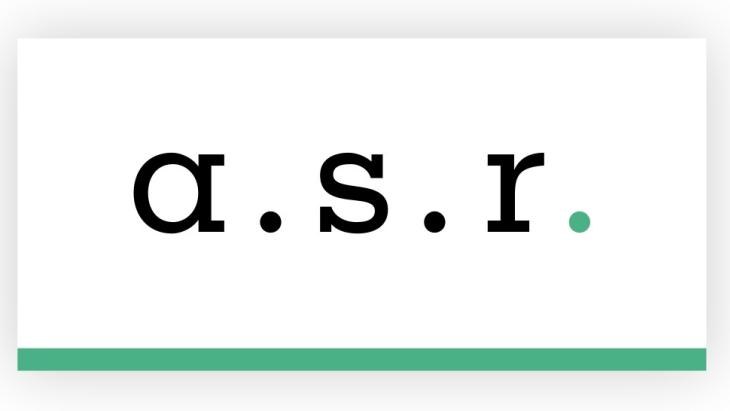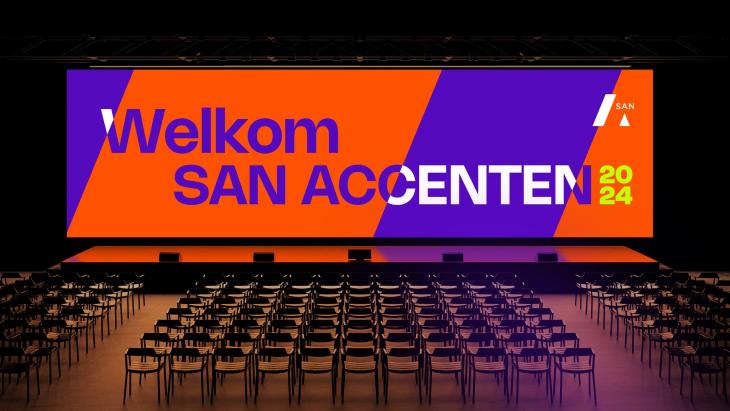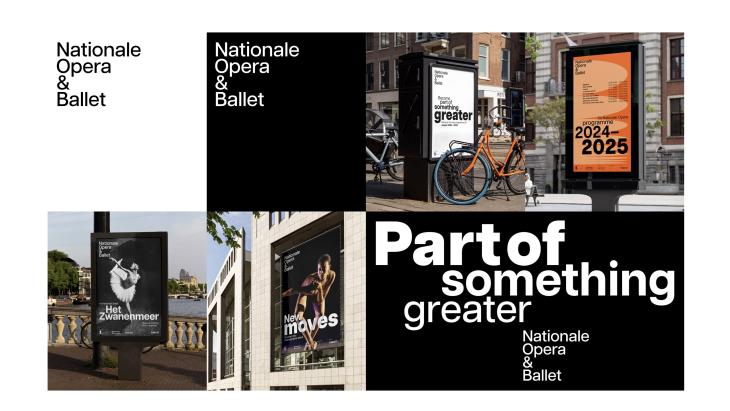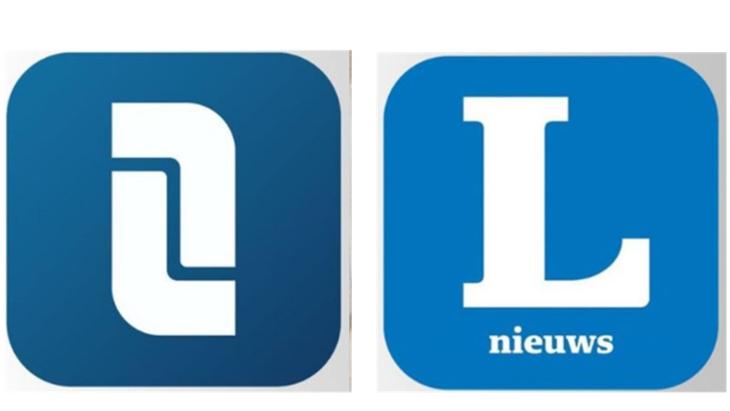Bijna 30 % van de Nederlandse consumenten gaat naar aanleiding van reclame per e-mail over tot aankoop. Vooral e-mails met kortlopende aanbiedingen zijn in trek.
Volgens directeur Simone Barrett van E-Dialog heeft dit te maken met de huidige economische omstandigheden. ‘Dat veel bedrijven hun producten tegen lage prijzen moeten aanbieden, illustreert dat bedrijven er in deze tijd niet in slagen e-mail effectief te gebruiken’, aldus Barrett.
Verder valt volgens het onderzoek op dat de consument in de leeftijdscategorie tussen de achttien en vierentwintig jaar het vaakst overgaat tot aankoop op basis van een e-mail.
Het gehele engelstalige persbericht (sorry, geen tijd voor vertaling) volgt hier:
Contrary to recent studies on the effectiveness of social media marketing, less than one in ten (7 %) Dutch consumers claim that an offer through a social networking site would motivate them to make an online purchase compared to just over one in four who cite e-mail (26 %) or direct mail as motivators.
These findings come from the 2009 European E-mail Attitudes Survey from e-Dialog, the e-mail marketing services provider, which has polled the views of a representative sample of 5,008 European consumers. The survey shows that e-mail, particularly when coupled with multichannel promotions or marketing techniques, plays a crucial role in sales promotion for European consumers.
Integrating on and offline direct marketing crucial to sales
e-Dialog’s research revealed that the vast majority of Dutch consumers prefer to receive new product announcements via e-mail over any other channel (67 %)—more than any other European market polled—while a significant portion (20 %) of consumers still cite their preference for receiving product information via more traditional channels such as catalogue, direct mail and door drop.
When asked what would be most likely to motivate Dutch consumers to make an instant online purchase, 27 per cent cited an offer through an e-mail while 26 per cent cited an offer in a catalogue. Perhaps surprisingly, just 27 per cent cited an offer on a Website they were visiting, considerably lower than the other European markets (France 48 %, UK and Sweden 47 %, Germany 40 %).
Simone Barratt, managing director of e-Dialog EMEA commented: “As we have seen with our own clients’ campaigns, the correlation between online and offline direct marketing in The Netherlands presents marketers with a clear opportunity to generate response. Using consistent presentation, languages and imagery in e-mail and direct mail or catalogues can reinforce the messaging between these channels. Similarly, an e-mail campaign a few days before the launch of a new catalogue, making consumers aware that one is shortly to be mailed, can dramatically increase sales conversions once it arrives.”
E-mail and limited time offers the key to converting multichannel sales
When asked what type of e-mail content would be most likely to prompt an online purchase, limited time offers (such as sales or rebate) were most popular with Dutch consumers (56 %), followed by the offer of free shipping (38 %). In line with this trend, Dutch consumers noted the e-mails they most appreciate include special offers and promotions (47 %), news on new products (30 %) and confirmation of delivery (30 %).
The extent of e-mail’s multichannel reach was evident in the fact that 36 per cent of Dutch consumers claim that they would be likely to buy a product in a store after having received a marketing e-mail about it. In addition, 25 per cent of Dutch consumers claimed that they would be more likely to complete an online transaction if they received an e-mail reminding them of items they had not purchased from their shopping baskets in a previous session.
Barratt added: “Across Europe, our research and practical experience shows that nearly a third of consumers say that reminder e-mails would make them convert a previously abandoned purchase. Connecting e-mail to the relevance of what consumers are actually doing online must be a key priority for marketers. Mailing consumers who’ve left items in their baskets and incentivising them with offers such as ‘come back and buy these products in 24 hours for a five per cent discount’ will make a considerable difference to sales.”
E-mail’s purchasing influence on youth beats social media
Interestingly, the age group most likely to complete an abandoned online purchase after receiving an e-mail was 18-24 year olds (34 %). The survey also revealed that while 39 per cent of young consumers are still using e-mail to inform their purchasing decisions, only 14 per cent are influenced by social networks.
Barratt continued: “It is fascinating to see the 18-24 year old bracket being so responsive to promotional e-mail messages alerting them to abandoned purchases. This is contrary to the popular belief that this age group is traditionally the hardest to reach by e-mail. While our research revealed that 51 per cent would not give their e-mail to a company because they feel they will receive irrelevant marketing messages, if messages are truly relevant, it is clear this demographic can yield great returns through the channel.”
Relevance and trust the marketing imperatives
When asked why they might be unwilling to give their e-mail addresses to a company, the most common reason Dutch consumers gave (44 %) was they thought they would receive irrelevant marketing messages while 32 per cent said they would be unwilling because they ‘did not see what [they] would get out of it.’
Barratt commented: “The fact that 76 per cent of Dutch consumers claim they would be put off from giving their address because they think it will lead to irrelevant messages or they don’t know what they would get out of it is indicative of the disconnect between perceived and actual consumer benefits of e-mail marketing. Brands need to set clear expectations at the point of sign-up of what the incentives are and how the customer will benefit.”
The research also revealed that nearly one in four (24 %) consumers would not supply their address because they do not trust companies with their contact information.
“German, Dutch and UK consumers all still demonstrate relatively high levels of distrust when providing companies with their e-mail addresses. To maximise acquisition rates, it is essential to emphasise a brand’s trustworthiness by clearly illustrating your privacy policies and security certifications.”
This level of distrust was possibly reflected in the fact that 25 per cent of consumers said they would only be prepared to give their e-mail addresses to very established brands although this 25 per cent is actually comparatively low compared to other markets such as the U.K. (43 %), Sweden (38 %), Germany (34 %), suggesting that brand awareness is not as an important factor in The Netherlands.
Barratt concluded: “It is clear, particularly during the current economic circumstances, that the type of e-mails Dutch and European consumers most appreciate are ones that alert them to discounts or cost savings. The fact that a high percentage of consumers feel most marketing e-mails are not relevant to them, in spite of the fact that many companies are heavily discounting and putting offers on their products, illustrates that many brands are failing to use e-mail effectively to communicate these incentives and drive consumers to take action in their preferred channel.







Plaats als eerste een reactie
Ook een reactie plaatsen? Word lid van Adformatie!